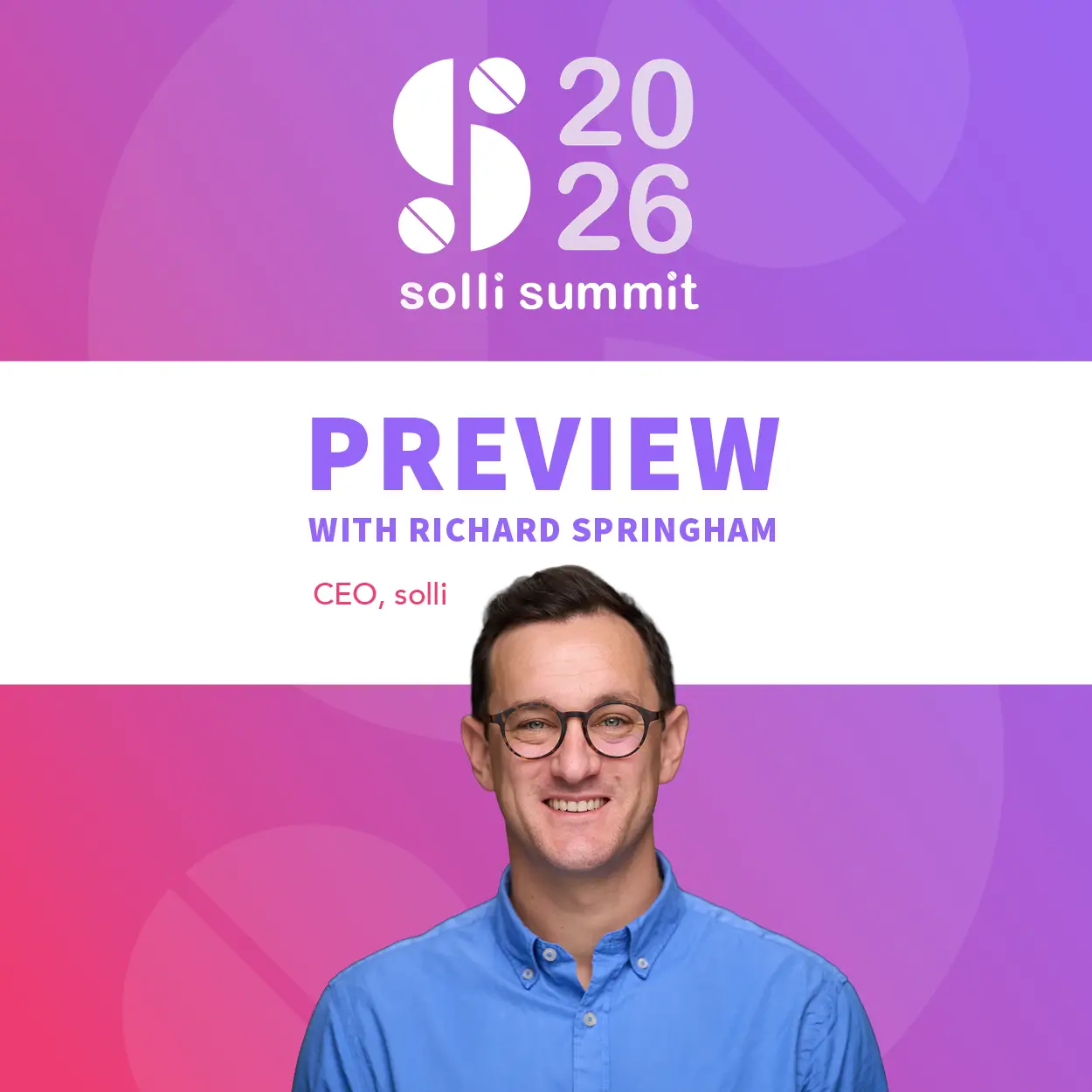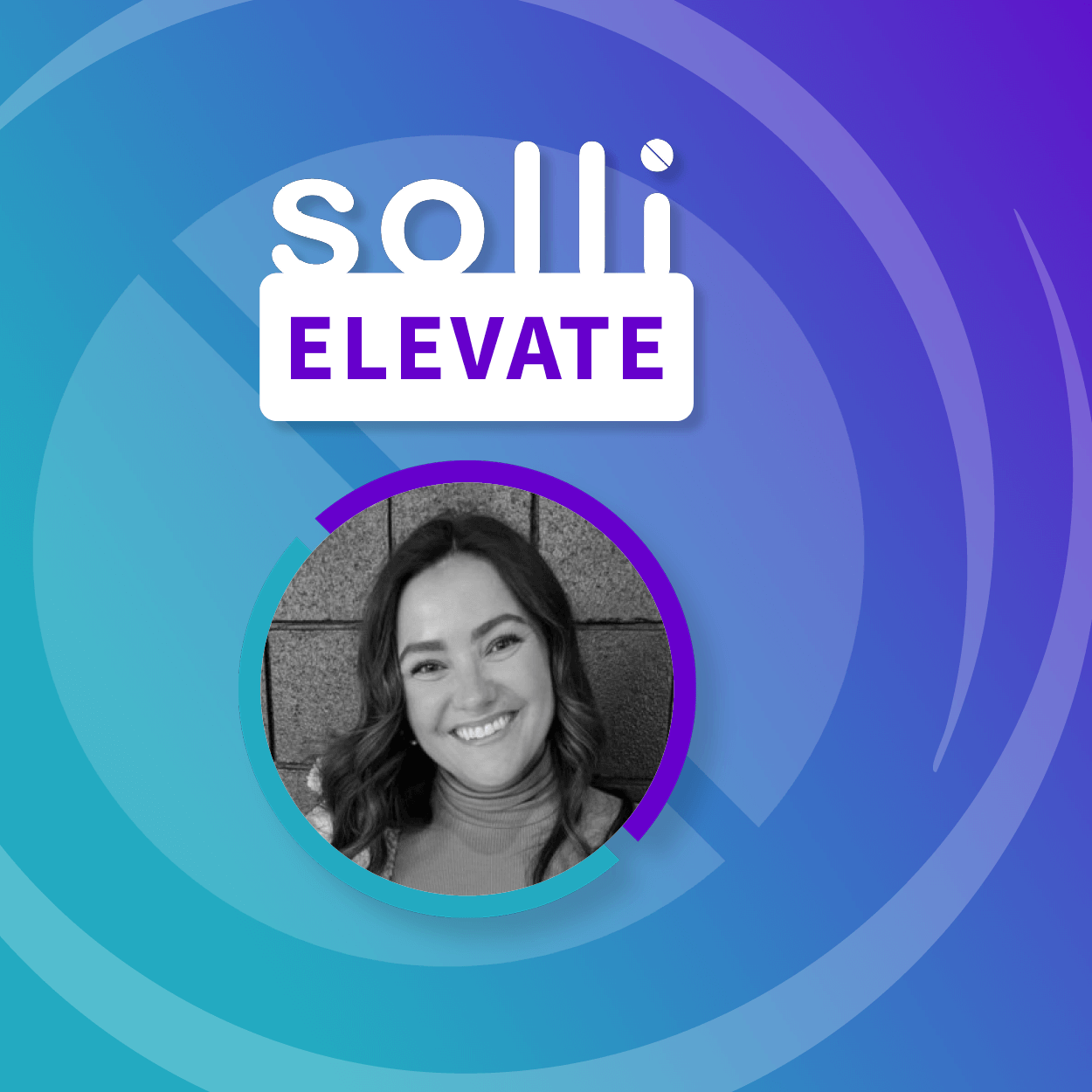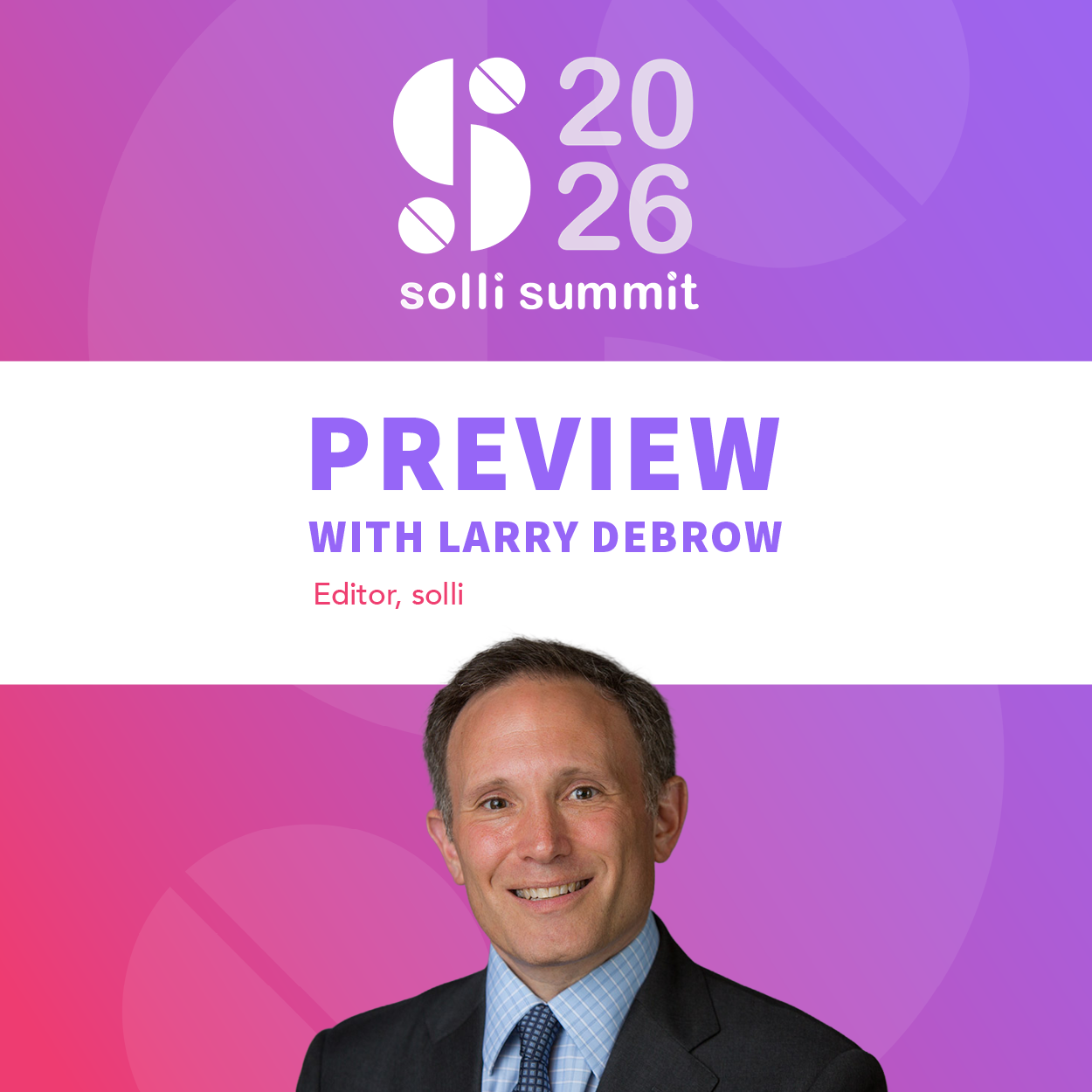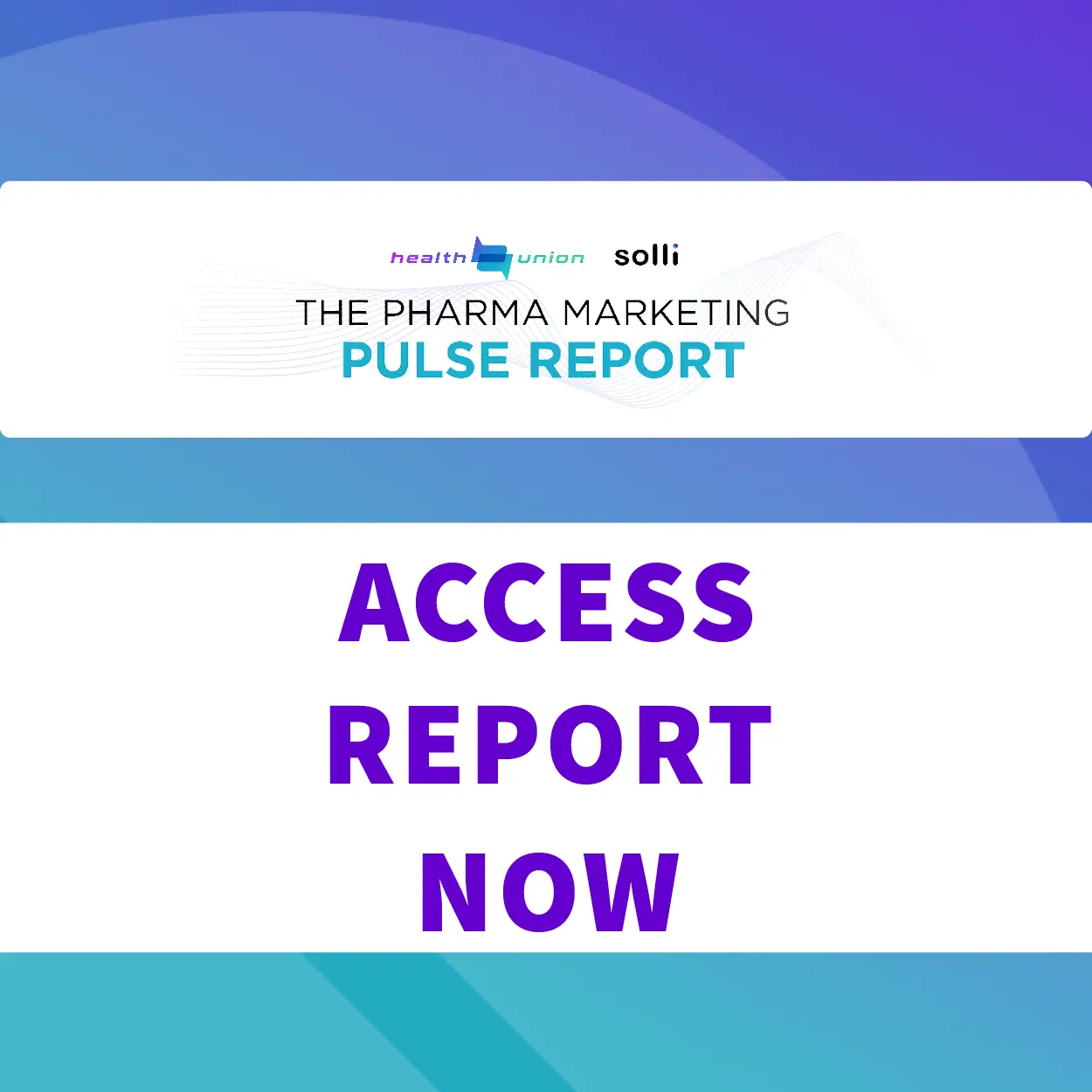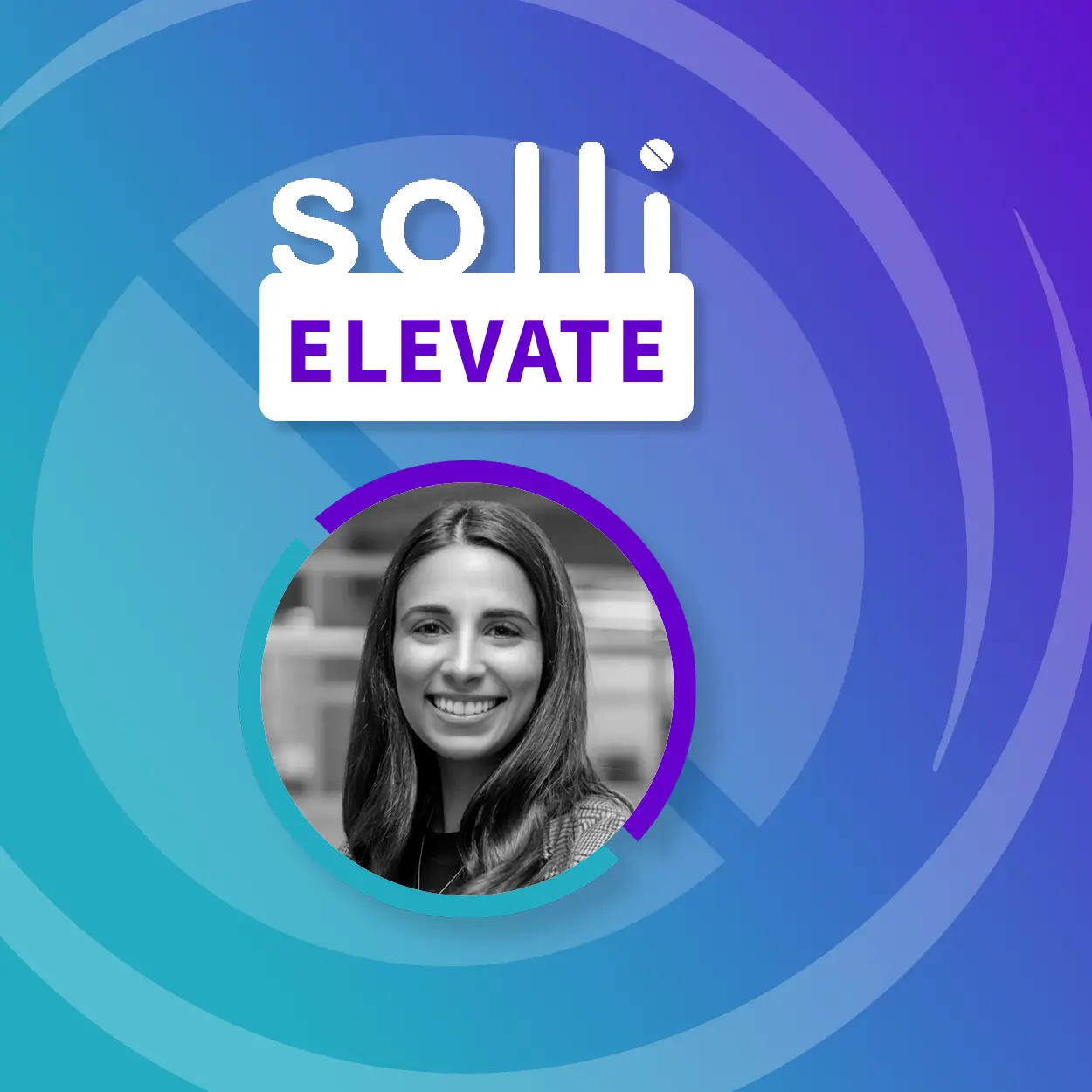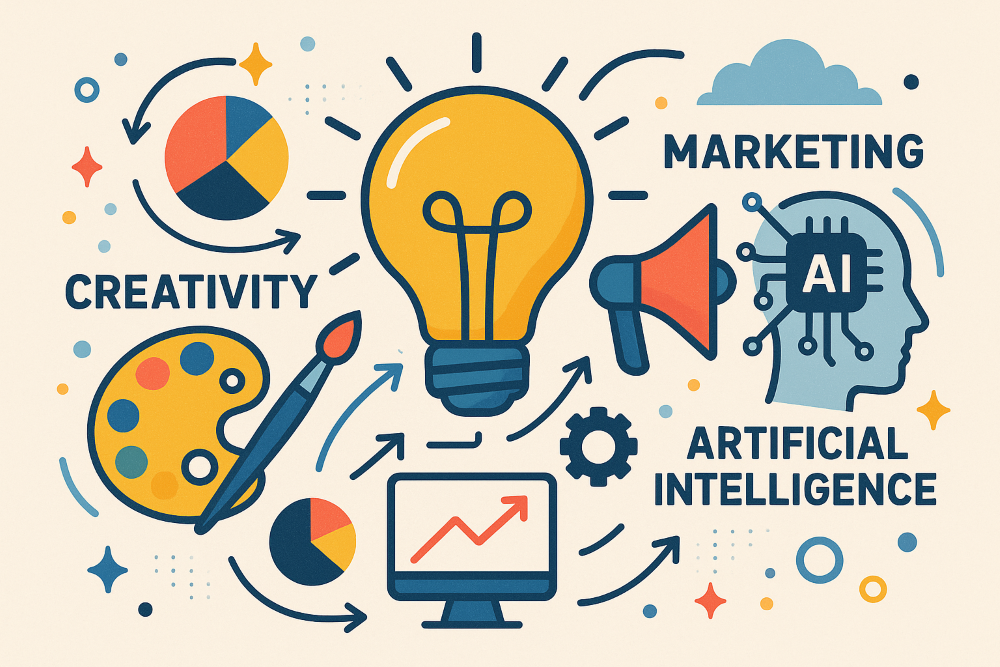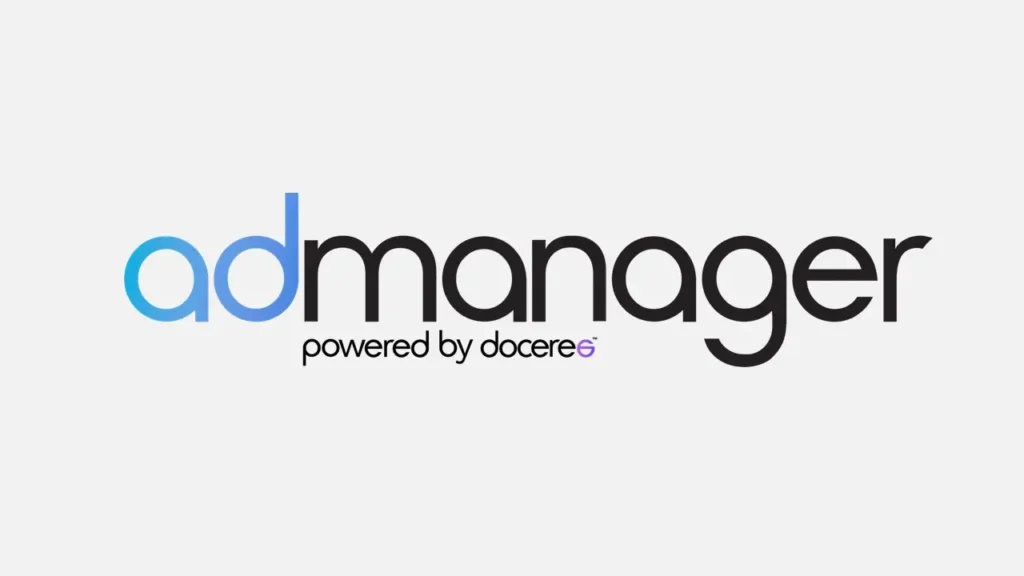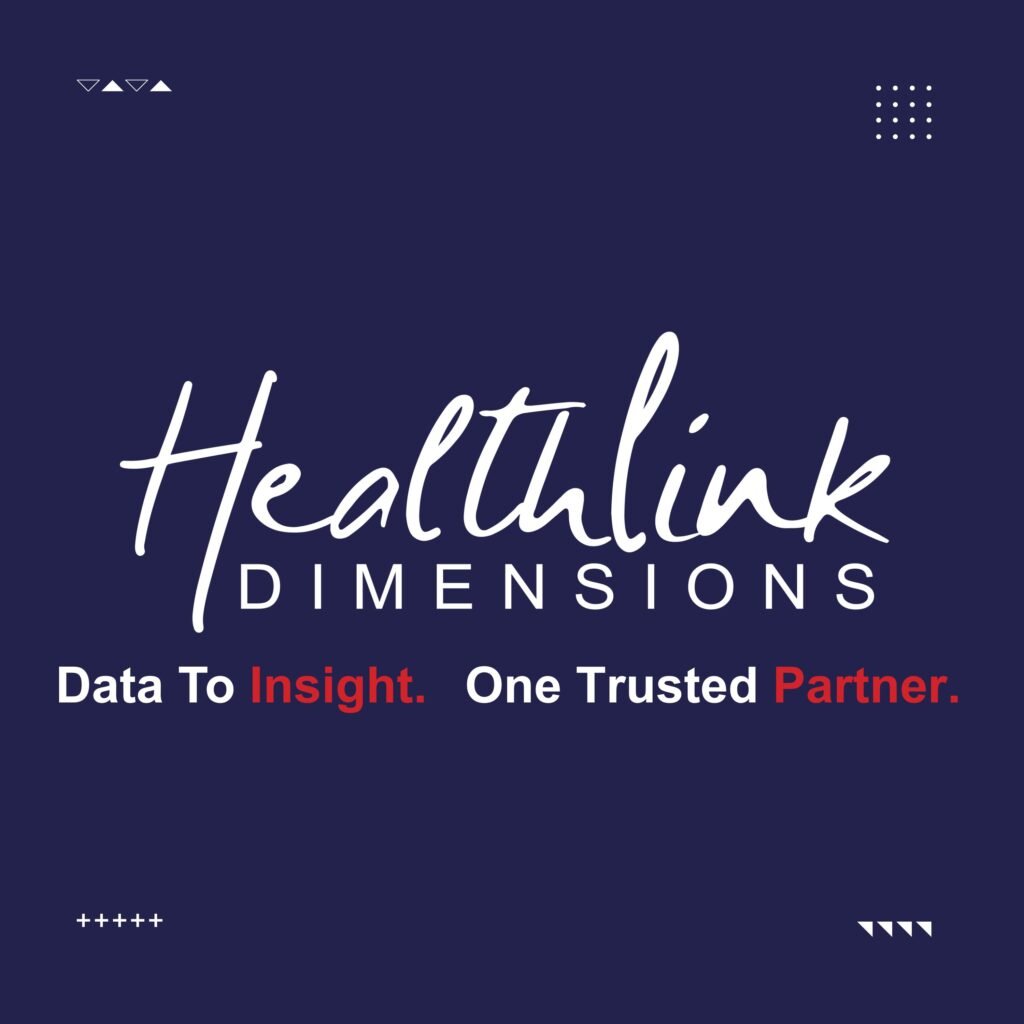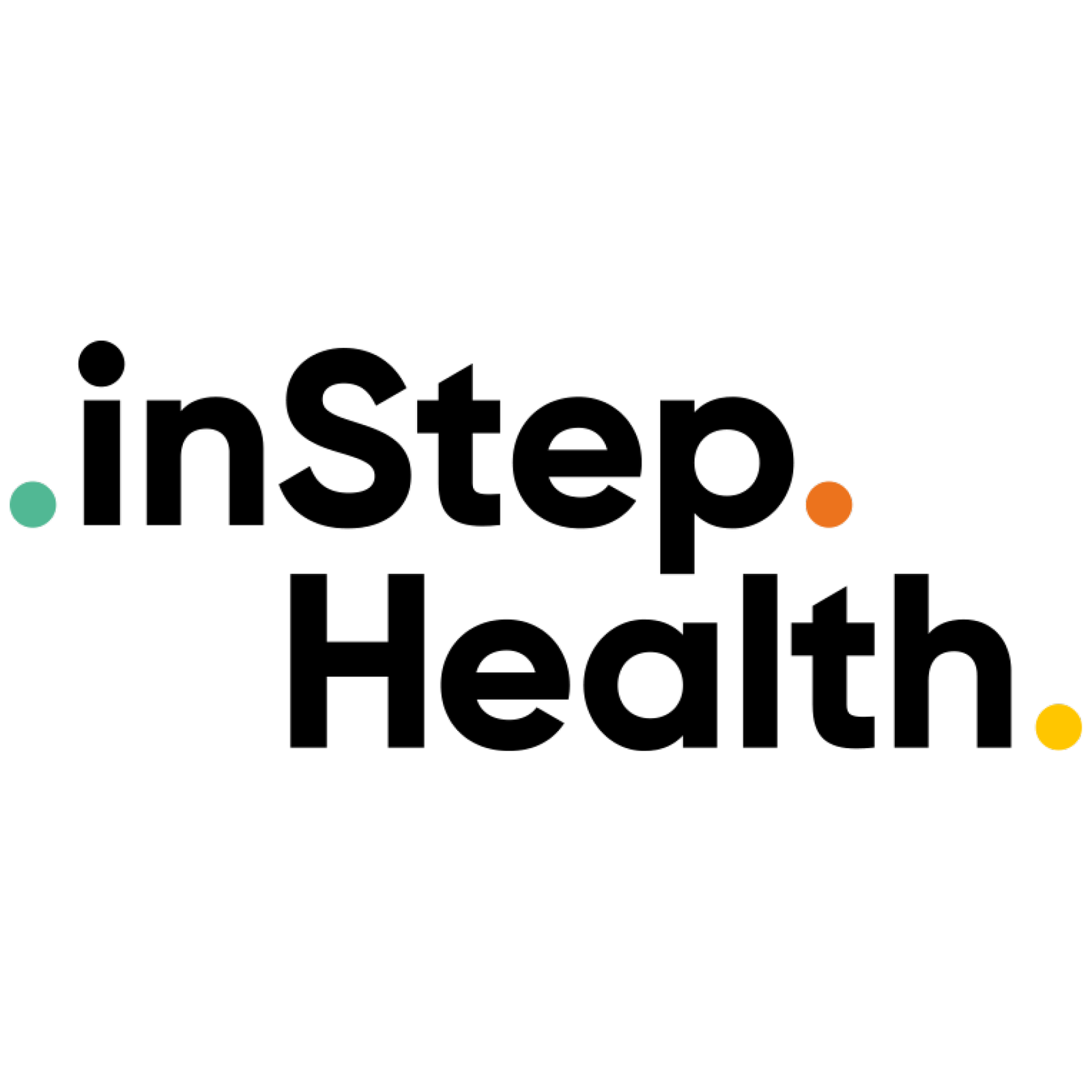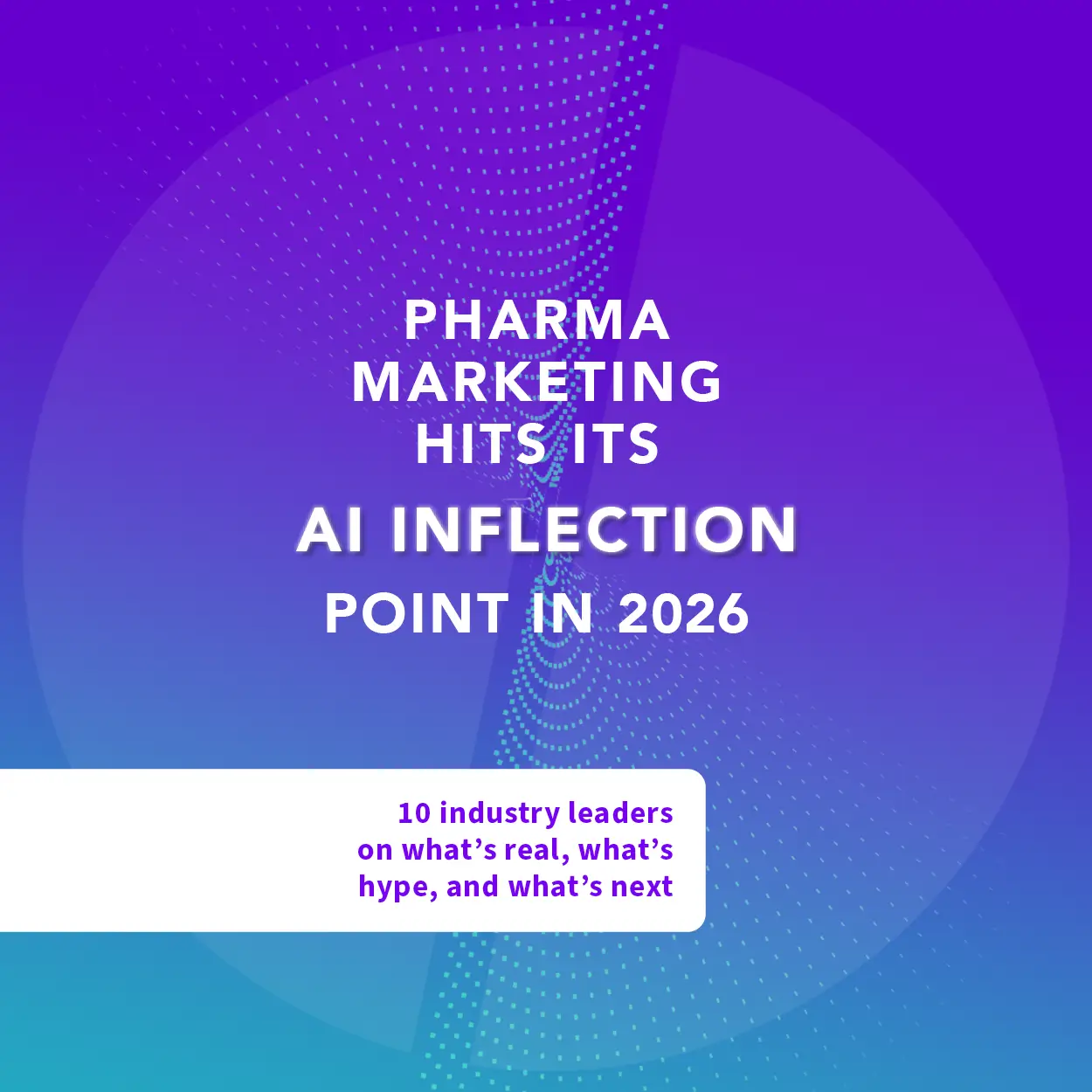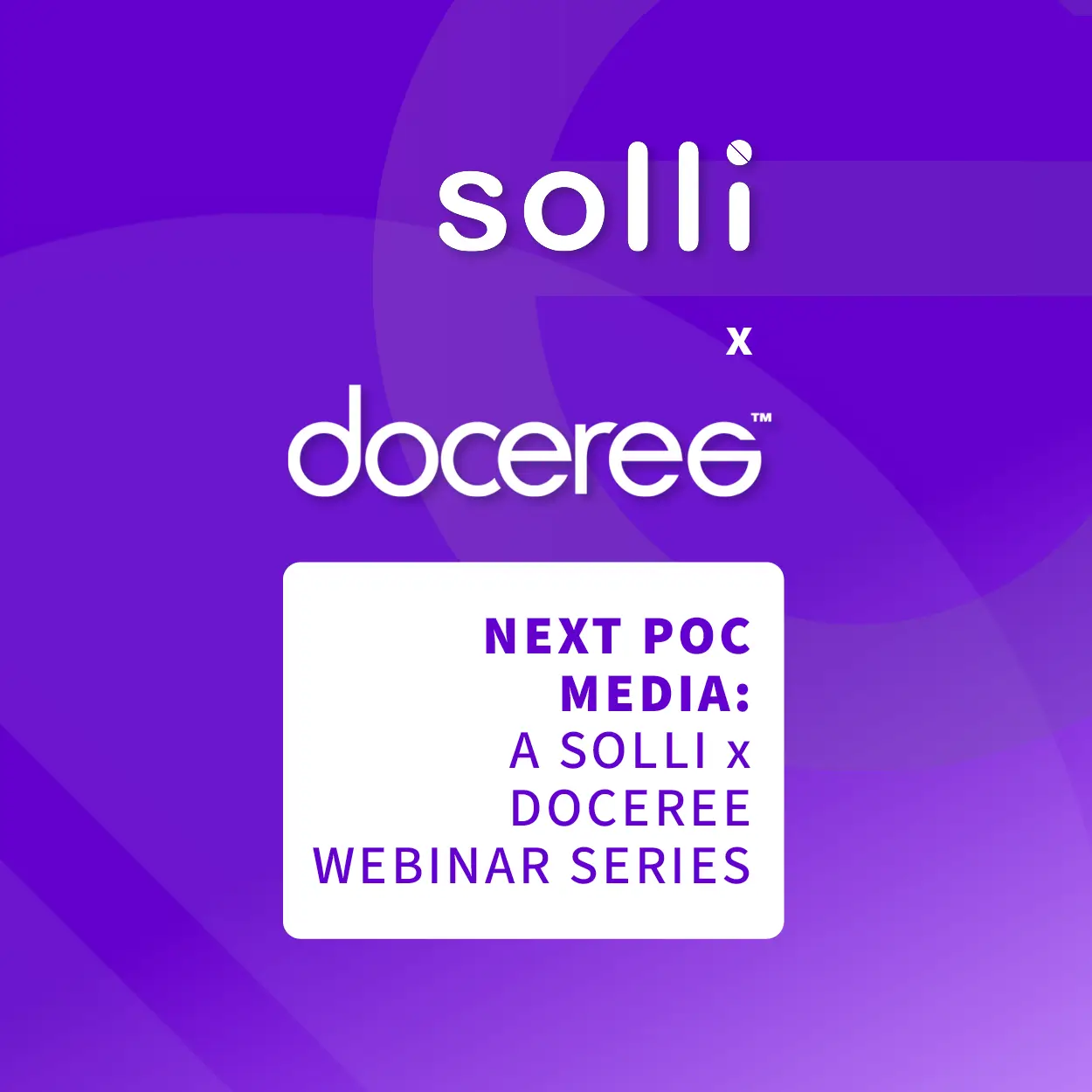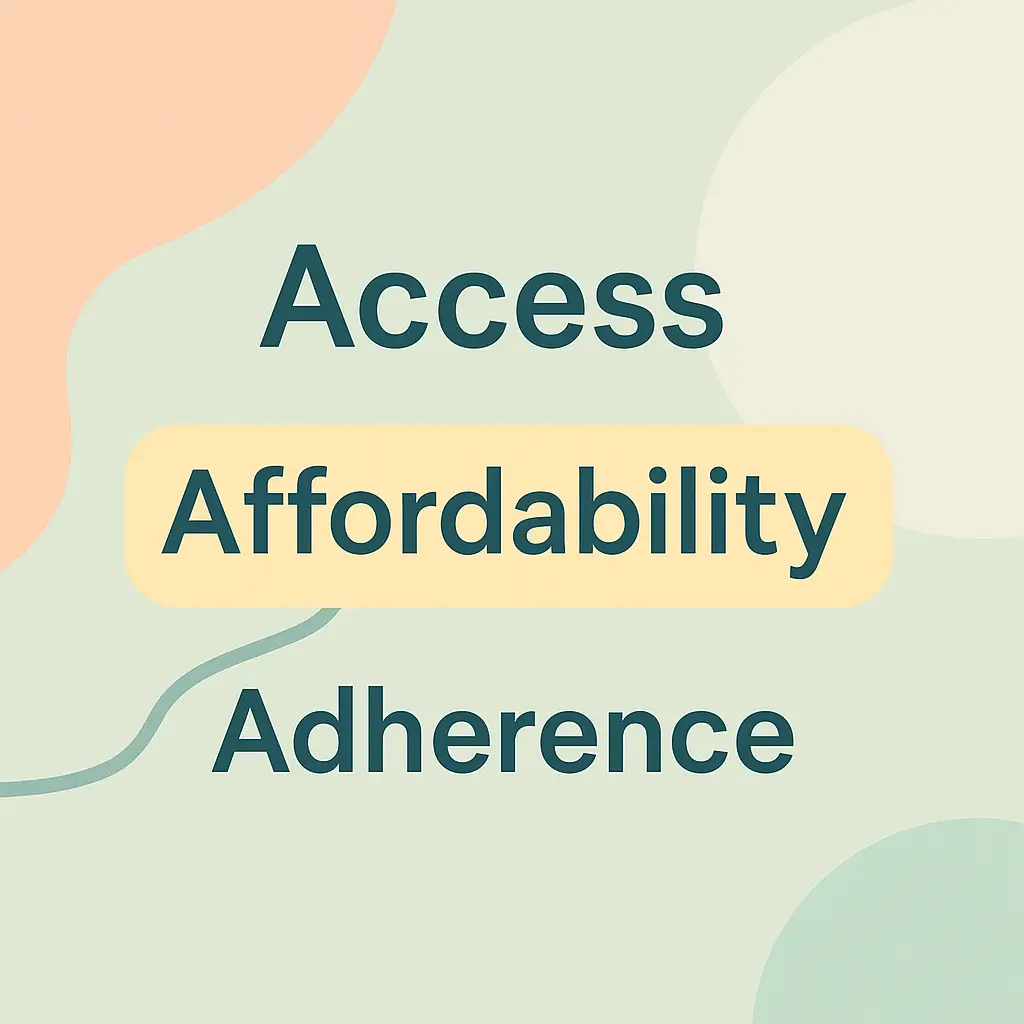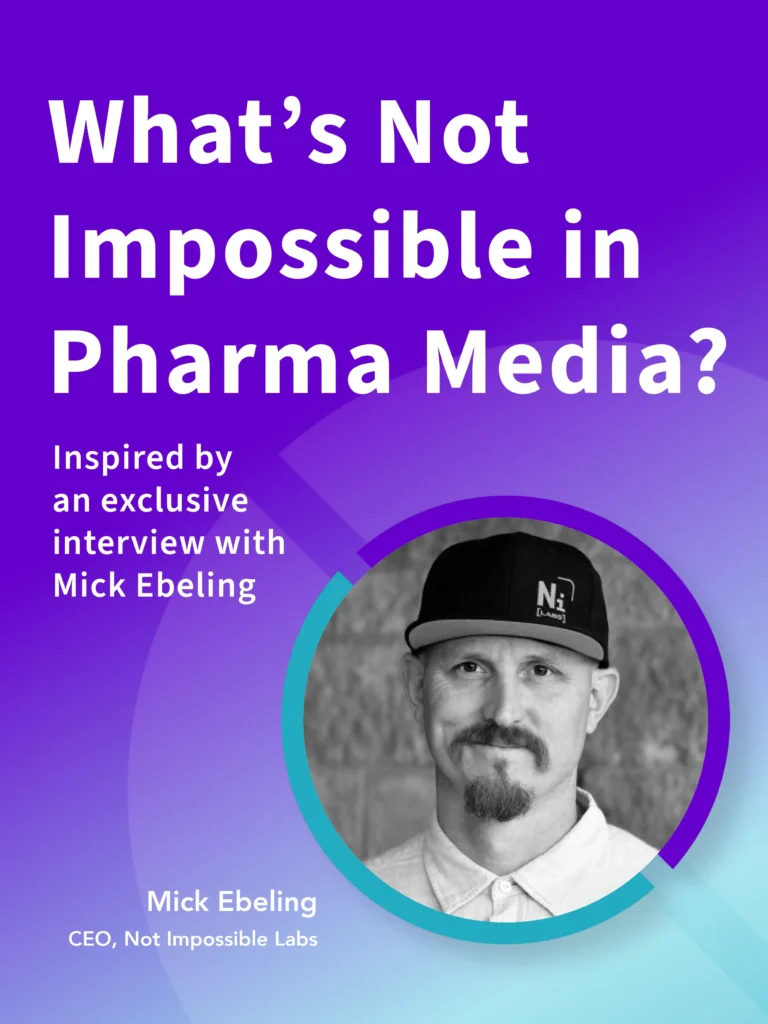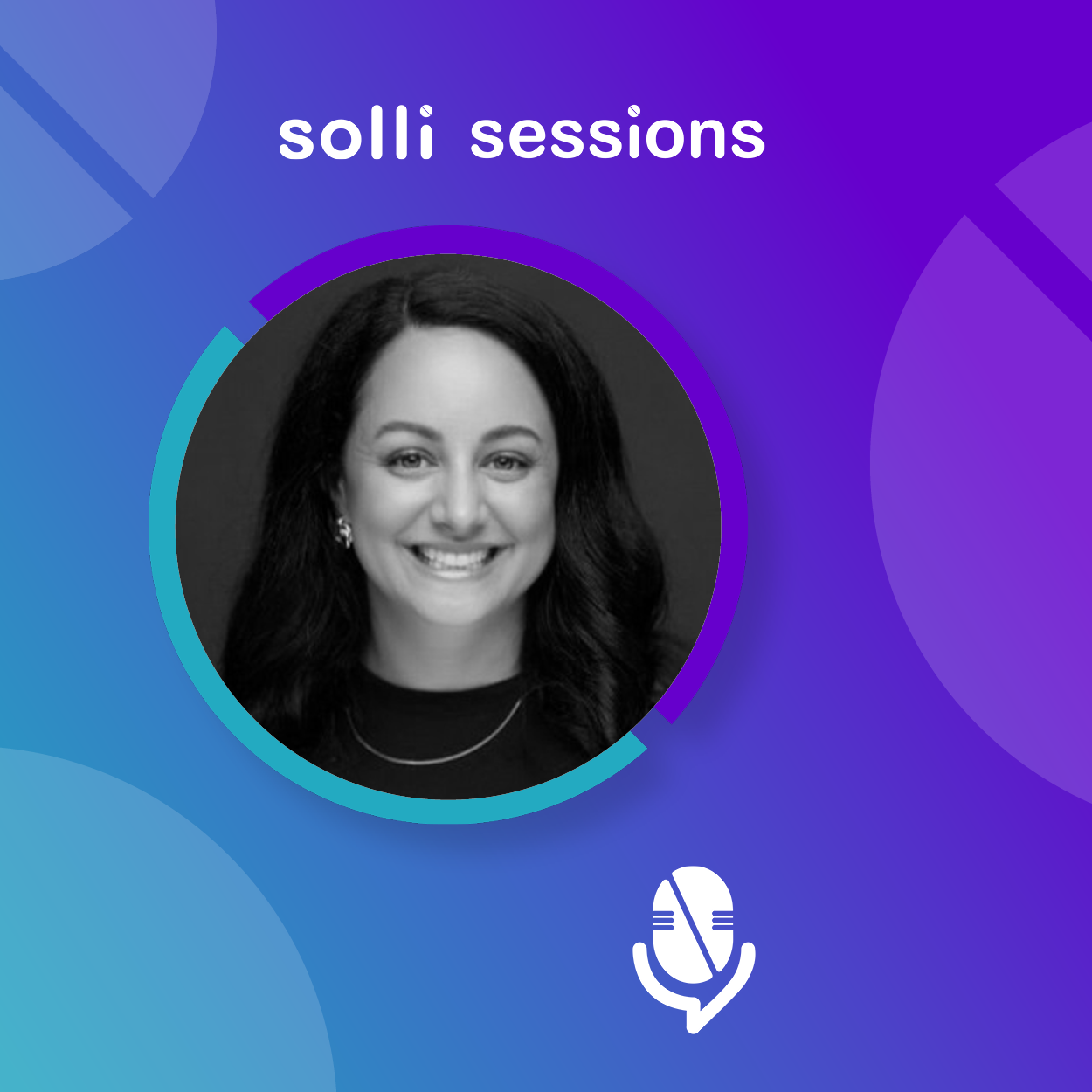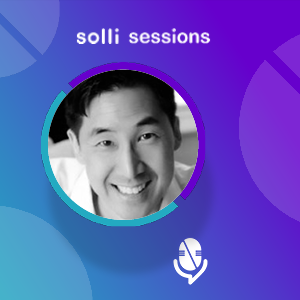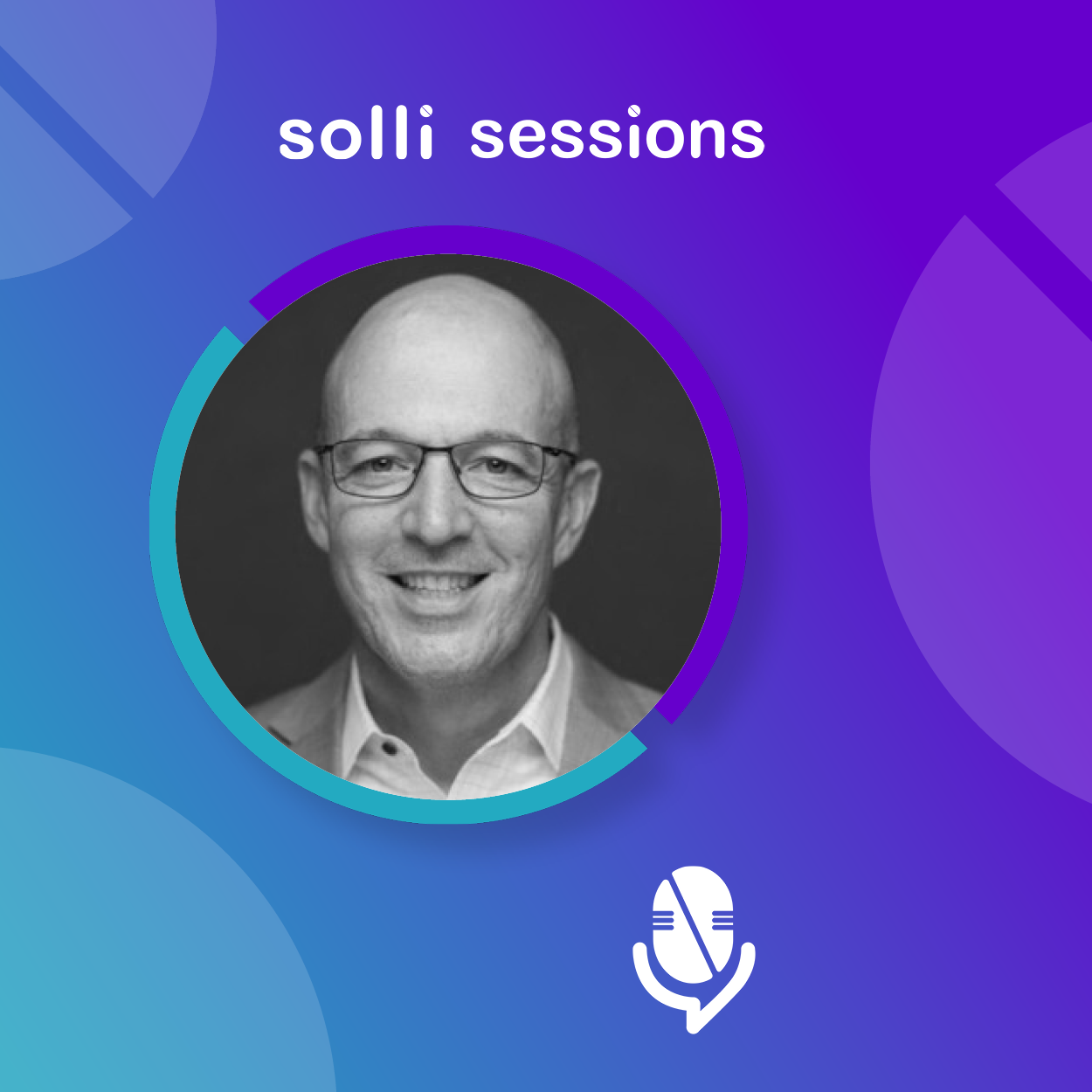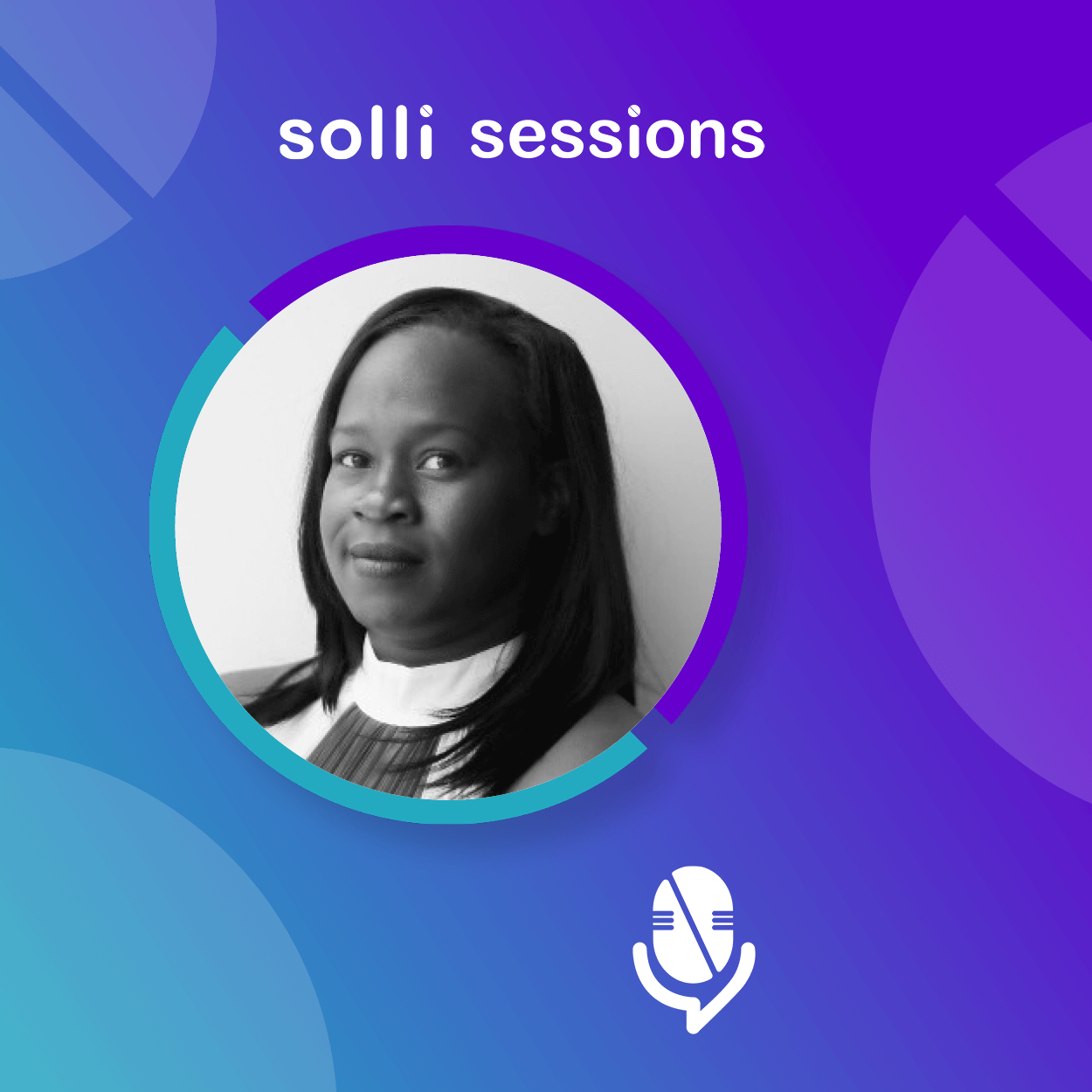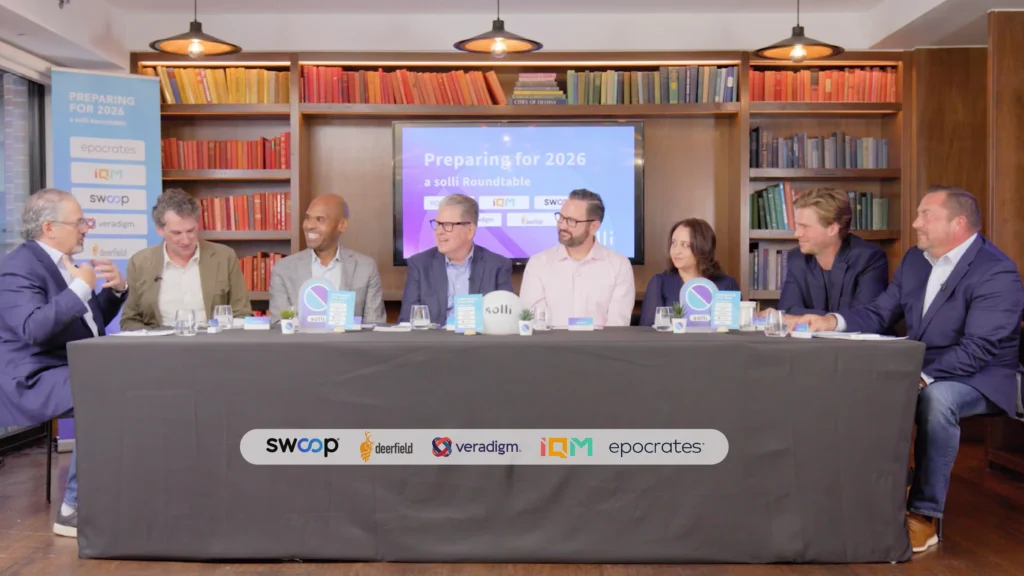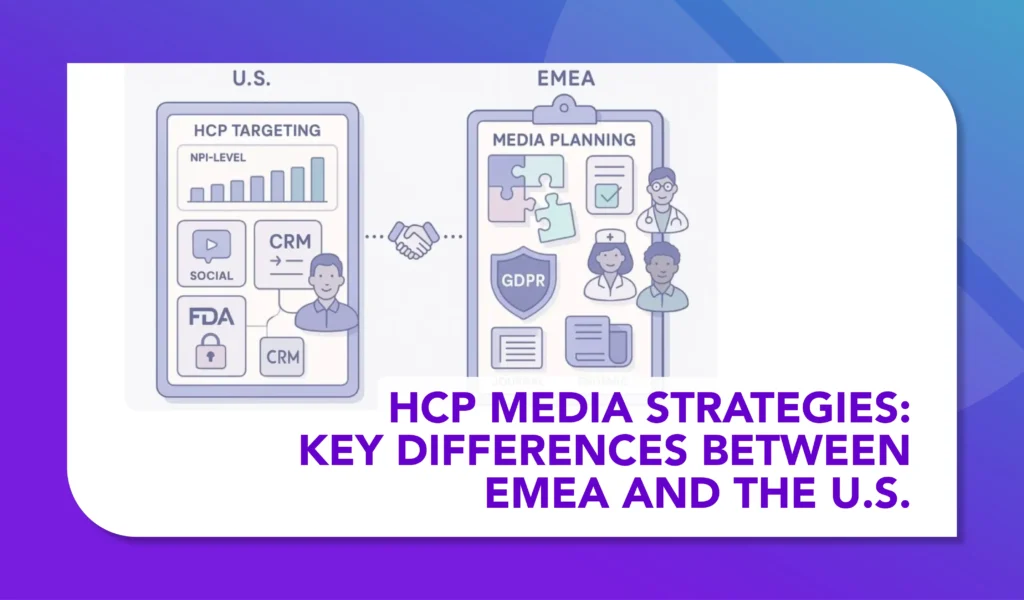Google Rolls Out AI Overviews in US
We summarise this roll out and ask some key questions for all those in the global pharma media industry to consider
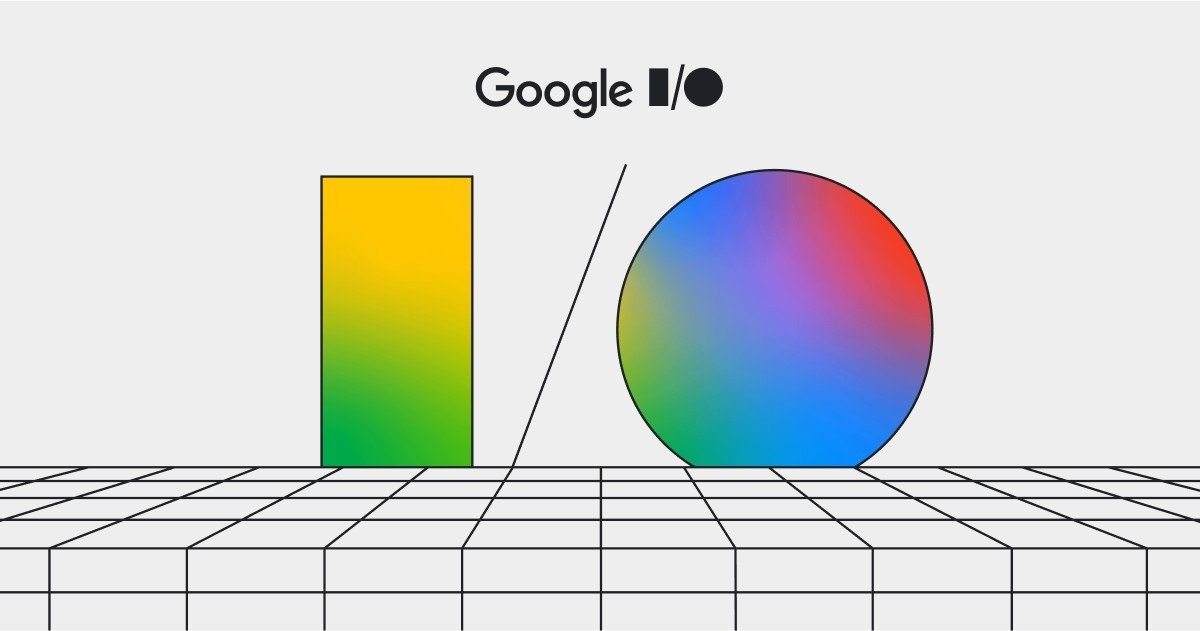
Google declared AI as the future of search a year ago, and that future has now arrived with the rollout of “AI Overviews,” formerly known as the Search Generative Experience (SGE). These AI-generated summaries will soon be visible at the top of search results for billions of users in the U.S. and worldwide.
Liz Reid, Google’s new head of Search, emphasized the transformative power of generative AI. “Google can do more of the searching for you,” highlighting the efficiency and enhanced user experience that AI hopes to bring. At the I/O developer conference, Reid detailed several new features, including AI Overviews, which provide quick answers and relevant links for more in-depth information.
Key Features and Enhancements
- AI Overviews:
- Designed to offer concise answers with additional resource links.
- Already tested in Search Labs, showing increased search usage and satisfaction.
- Rolling out in the U.S. with global expansion expected by the end of the year.
- Enhanced Click-Through Rates and Data Reporting:
- AI Overview link cards generate higher click-through rates than traditional search results, though Google won’t separate this data in Search Console.
- These AI features are expected to increase user engagement and direct traffic to a more diverse range of websites.
- Video Search via Lens:
- Allows users to search by capturing videos, leveraging AI to provide relevant insights and troubleshooting steps.
- Available soon for Search Labs users in the U.S..
- AI-Powered Planning Tools:
- Automatically generate trip itineraries or meal plans based on user queries.
- Users can customize plans and export them to Google Docs or Gmail.
- Initially available for meal and trip planning, with future updates for other categories like parties and workouts.
- AI-Organized Results Page:
- Uses generative AI to categorize search results under unique headings, offering a wide range of perspectives and content types.
- Initially focused on dining and recipes, expanding to other areas like movies, music, and shopping.
The Role of Gemini AI
Google’s new specialized Gemini model plays a crucial role in these enhancements. It combines advanced capabilities like multi-step reasoning and multimodality with Google’s robust search systems. This integration aims to handle more complex and nuanced queries, improving the overall search experience.
For instance, users can ask detailed questions such as finding the best yoga studios in Boston with specific criteria, and the AI will provide comprehensive answers by pulling data from both the Knowledge Graph and the web. This ability to combine different data sources and present a unified answer is a significant advancement in search technology. It is yet to be seen how this will come to fruition with health or pharmaceutical information.
Balancing AI and Human Input
Despite the advanced capabilities of AI, not every search will involve AI Overviews. Simple navigational searches, like finding a specific URL, won’t trigger the AI features. Reid emphasizes the importance of balancing creativity and factuality in AI responses, ensuring that users receive accurate and reliable information. Something that those producing & seeking health or brand information will need to balance.
Google is also mindful of the need to direct traffic to original content creators. AI Overviews are designed to encourage users to click on links for more detailed information, benefiting publishers and maintaining a healthy web ecosystem.
A New Era of Search Interaction
Over the past decade, Google has evolved from a simple keyword-based search engine to an intelligent system capable of understanding and responding to complex queries. This shift towards a more interactive and AI-driven search experience aims to reduce the need for multiple searches and provide users with more immediate and relevant results.
For users, this means less typing and more natural interactions with the search engine, potentially transforming how people access and use information online. Google’s goal is to make search more intuitive and efficient, ultimately driving more engagement and generating revenue through increased usage. A key change that will have huge implications on the health & pharmaceutical space.
Questions from solli
- Changing health decisions: Knowing that Google is used extensively by both patients & HCPs globally, how will AI Overviews’ responses change interactions with trusted health content?
- Impact on traffic: What impact will this change in content delivery to users have on health publishers traffic numbers?
- Advertising opportunities: What updated advertising opportunities will Google role out later this month at Google Marketing Live, and how will global pharma brands pivot?
To read the full press release click here, or to watch the full I/O event click here.
Oliver Capel recently wrote a related article on solli titled ‘AI Transforming Health Search Habits‘, read it in full here.

